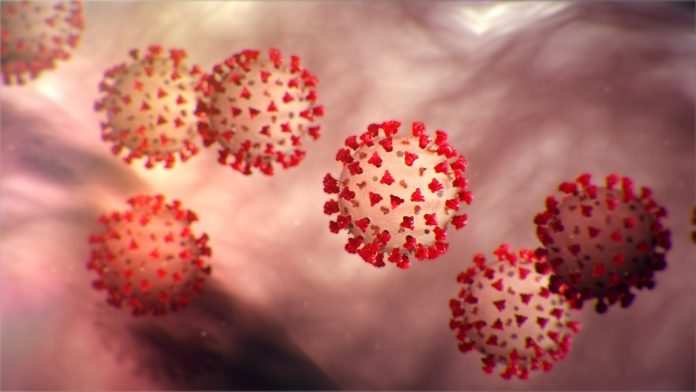As the scientific community scrambles to find a drug that can effectively treat tens of thousands of patients sickened by a new respiratory virus, they are trying some surprising remedies: medicines targeting known killers like HIV, Ebola and malaria.
American drugmakers have shipped two antiviral medications to China as doctors and public health officials there seek an effective treatment for patients sickened by the novel coronavirus, which has recently been named COVID19. The virus has afflicted tens of thousands of people worldwide and killed more than 1,300. Most of the cases and deaths occurred in Hubei province, China, where the outbreak began.
Among potential remedies is an HIV medication that may work to block an enzyme needed by the virus to mature. An unapproved medicine used to fight the Ebola virus is being tested in Chinese patients to see whether it can disrupt the new virus’s genetic material.
A third drug, widely used around the globe to fight the parasite that causes malaria, is also being tried in China to see if it can slow infection by preventing the virus from infiltrating cells.
The evidence behind some of these medicines is flimsy, researchers acknowledged. But even with strong data, they said, human trials are the only way to know whether these drugs are effective.
“Just because it works well in a test tube and in animals doesn’t mean that it will work in people,” said Dr. Stanley Perlman, a professor of microbiology and immunology at the University of Iowa.
The effort is not unprecedented. When a novel virus surfaces and endangers large populations, scientists sometimes turn to existing drugs that can be repurposed. Medications available in the United States have already gone through rigorous testing to prove they are safe, eliminating the need to run costly human trials to assess safety in an emergency.
That said, officials generally look at the evidence surrounding the drugs and the virus to try to find a viable option.
“They usually cast a pretty wide net because they don’t know for any given virus what’s gonna work,” said Dr. Rajesh Gandhi, a professor of medicine at Harvard University and chair-elect of the HIV Medicine Association.
In 2003, a related coronavirus with no known treatment caused a global outbreak of severe acute respiratory syndrome (SARS). The response involved testing a litany of drugs, including a combination of ritonavir and lopinavir, antiretroviral medications used to fight HIV.
Early studies hinted that the medicines were effective in fighting the virus in patients. The combination of drugs, known by the brand name Kaletra, appears to work to stop enzymes called proteases from allowing the virus to mature and replicate. But the outbreak—and the ability to robustly test treatments—all but disappeared in a little over a year.




























